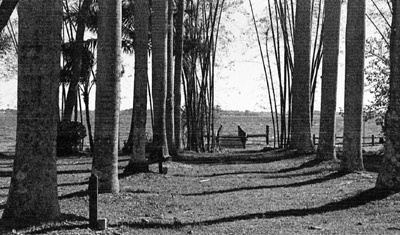All Nonfiction
- Bullying
- Books
- Academic
- Author Interviews
- Celebrity interviews
- College Articles
- College Essays
- Educator of the Year
- Heroes
- Interviews
- Memoir
- Personal Experience
- Sports
- Travel & Culture
All Opinions
- Bullying
- Current Events / Politics
- Discrimination
- Drugs / Alcohol / Smoking
- Entertainment / Celebrities
- Environment
- Love / Relationships
- Movies / Music / TV
- Pop Culture / Trends
- School / College
- Social Issues / Civics
- Spirituality / Religion
- Sports / Hobbies
All Hot Topics
- Bullying
- Community Service
- Environment
- Health
- Letters to the Editor
- Pride & Prejudice
- What Matters
- Back
Summer Guide
- Program Links
- Program Reviews
- Back
College Guide
- College Links
- College Reviews
- College Essays
- College Articles
- Back
Cry the Beloved Country by Alan Patron
Set in 1940’s South Africa before Apartheid was instituted, Cry the Beloved Country by Alan Paton serves as a narrative of the human heart and its condition. Through the juxtaposition of opposing thoughts and repetitive use of words, Paton portrays the mental anguish of the protagonist, Stephen Kumalo through the use of effective sentence structure in his writing.
The desperate and heart-wrenching state of emotion that Kumalo endures at the dawn of his son’s execution is vividly described through the juxtaposition of opposing thoughts that run through the father’s mind. The worry of the unknown, parental anguish towards the imminent loss of his son, and a sense of resignation, are all captured in chapter 36: “It was cold, but not so cold … not quite finished, but nearly finished” (Paton). These lines reflect the father’s struggle to make sense out of the situation through constant questioning. The word “cold” gives the reader a visceral sense of the indifference and abandonment that Kumalo is feeling as he tosses and turns in his sleep.
Paton’s use of repetition reinforces the poignant condition of Kumalo and his unconditional love for his son. Paton repeats the personal pronoun “He” numerous times to open his sentences. This is a deliberate effort to emphasize the utter solitude that Kumalo is facing as he worries about his son. In addition, the use of conjunctions “of” and “and” throughout the passage amplify the multitude of worries and problems that Kumalo experiences. A father’s love for his son is, in a sense, equated to the native South Africans’ love for their country.
By utilizing repetition and juxtaposition in his prose, conveyed by the depiction of the heartrending emotions of the protagonist, Alan Paton effectively depicts his message of a call to justice and peace for his beloved country.

Similar Articles
JOIN THE DISCUSSION
This article has 0 comments.
